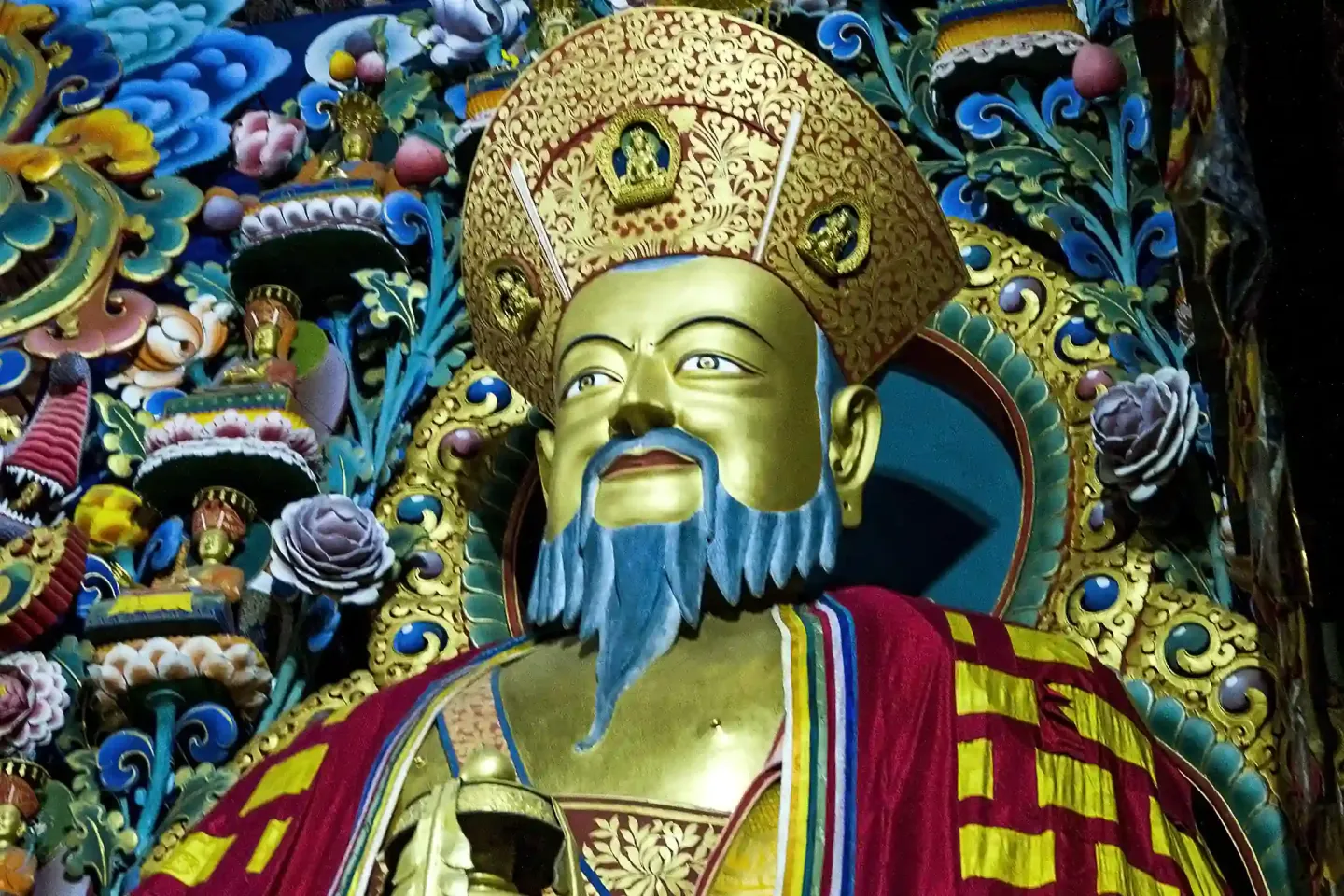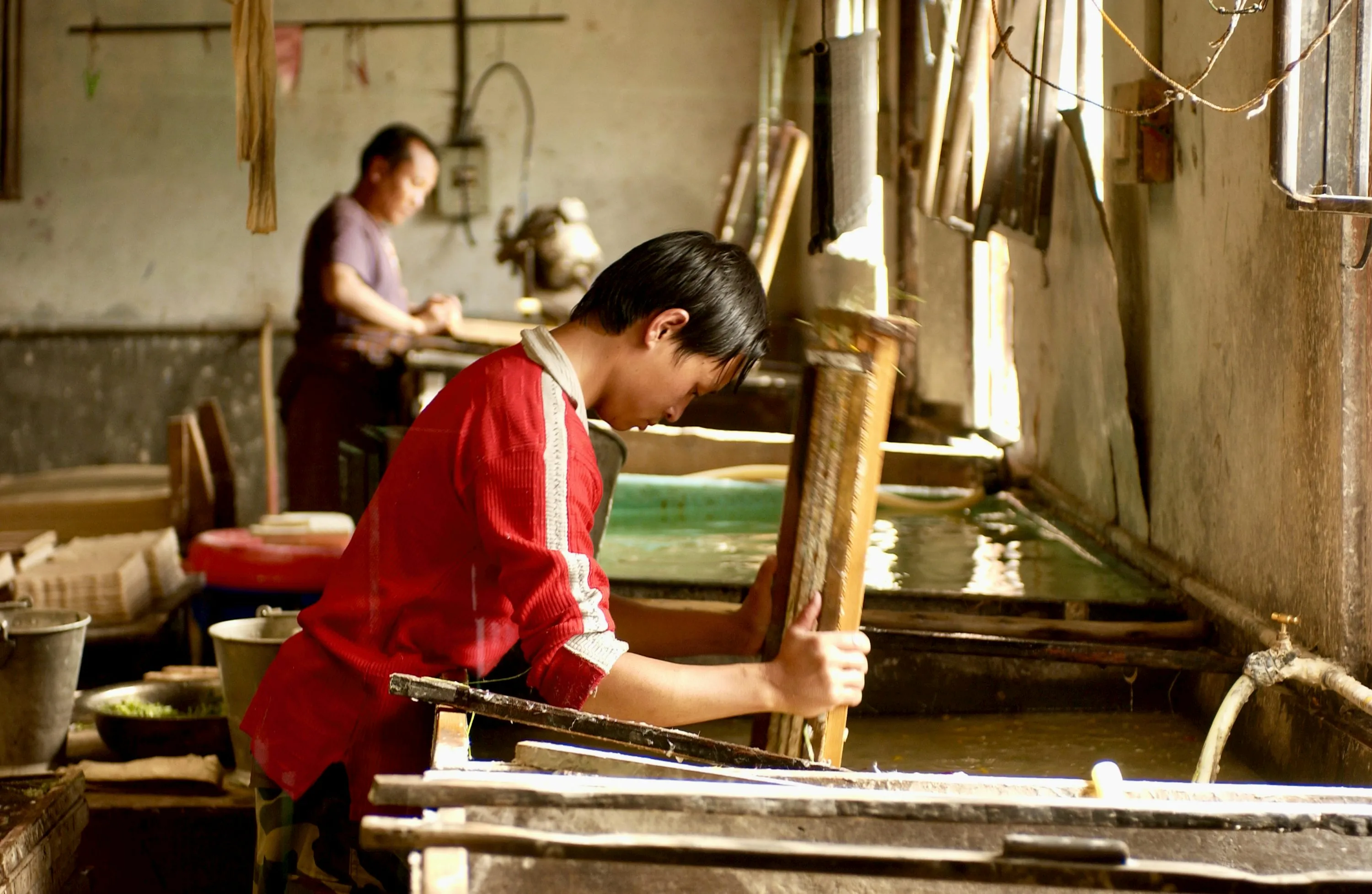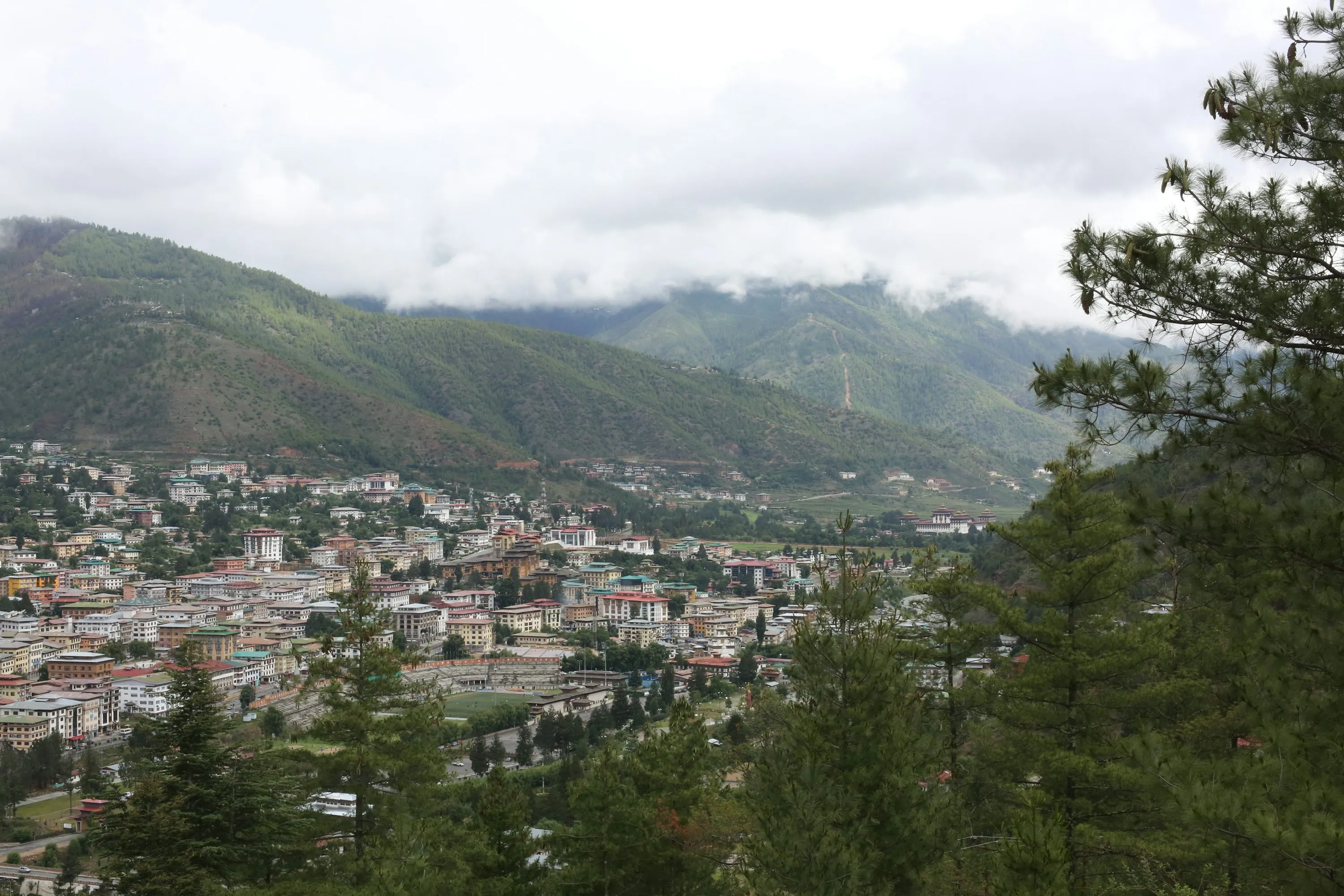Nestled in the eastern Himalayas, Bhutan stands as a beacon of tranquility and cultural richness, offering Nigerian travelers a profound escape from the bustling energy of West Africa. This landlocked kingdom, often called the "Land of the Thunder Dragon," is a place where ancient traditions harmoniously blend with a commitment to environmental preservation and human well-being, creating an experience that is both spiritually uplifting and naturally breathtaking. For Nigerians accustomed to the vibrant markets of Lagos, the diverse landscapes from the Sahara edges to the Niger Delta, and a population exceeding 200 million, Bhutan presents a stark yet inviting contrast with its sparse population of under a million, vast forested mountains, and a deliberate pace of life that prioritizes happiness over haste. Diplomatic relations between Nigeria and Bhutan are not directly established, as Bhutan maintains formal ties with only about 56 countries, focusing primarily on its neighbors like India and select global partners through the United Nations; however, both nations share a mutual respect for cultural diversity and sustainable development, with Nigeria's oil-driven economy and Bhutan's hydropower reliance highlighting their unique paths to progress. While Nigeria grapples with rapid urbanization and economic diversification, Bhutan consciously limits modernization to safeguard its heritage, making it an ideal destination for Nigerians seeking authentic cultural immersion rather than commercial thrills. This guide, crafted from the perspective of an experienced Bhutanese travel consultant, aims to equip you with a thorough understanding of Bhutan, bridging the geographical and cultural distances to ensure your journey is safe, respectful, and unforgettable.

Visa and Entry Requirements
Bhutan's tourism is governed by a controlled policy designed to preserve its environment and culture, mandating that all foreign visitors, including Nigerians, book their trips through licensed Bhutanese tour operators. This approach ensures high-value, low-impact tourism, where independent travel is not permitted except for citizens of India, Bangladesh, and the Maldives. For Nigerian tourists, the visa process begins with selecting a reputable tour operator who will handle the application on your behalf, submitting it online via the Bhutanese government's immigration portal. Required documents include a valid passport with at least six months' validity, a recent digital passport photo, your arrival and departure dates, and proof of travel insurance; the operator will also require details of your itinerary to secure pre-approval. Once approved, which typically takes about five working days, the visa is issued upon arrival at Paro International Airport or land borders, stamped into your passport for the duration of your stay. Payment for the tour, including the visa fee of US$40, must be wired in advance to the Tourism Council of Bhutan, as this confirms your booking and releases the visa clearance. Central to this is the Sustainable Development Fee (SDF) of US$100 per adult per night as of 2025, with concessions for children—half for ages 6-12 and free for under 6—which funds Bhutan's education, healthcare, and conservation efforts. This fee significantly impacts overall pricing, adding to accommodation, meals, and guided services, often making a week-long trip cost between US$1,500 and US$3,000 per person, excluding flights, but it guarantees a structured, eco-conscious experience tailored to minimize overcrowding and maximize cultural respect.
Travel Routes from Nigeria to Bhutan
Reaching Bhutan from Nigeria involves multiple legs due to the absence of direct flights, requiring transits through major hubs in Asia or the Middle East, with the journey typically spanning 20 to 30 hours including layovers. From major Nigerian cities like Lagos or Abuja, travelers can fly with airlines such as Ethiopian Airlines via Addis Ababa, Qatar Airways via Doha, or Emirates via Dubai to connect to Bhutan's entry points. Common transit cities include Delhi in India, Bangkok in Thailand, or Kathmandu in Nepal, where you board flights operated exclusively by Bhutan's national carriers: Drukair (Royal Bhutan Airlines) or Bhutan Airlines, as no other airlines are permitted to fly into the country. For instance, a route from Lagos might involve flying to Delhi with Ethiopian Airlines, then transferring to a Drukair flight to Paro, Bhutan's sole international airport, known for its challenging approach amid Himalayan peaks that demands highly skilled pilots and can only accommodate small aircraft. Paro Airport's operations are limited to daylight hours and visual flight rules, making it susceptible to weather-related delays, especially during monsoon seasons when fog or rain can ground planes for hours or days; thus, building flexibility into your schedule is crucial. Booking should be done well in advance through your tour operator, who can coordinate with these airlines, and expect potential delays—always confirm flight statuses and consider buffer days in transit cities. Realistic expectations include economy fares ranging from US$800 to US$1,500 round-trip from Nigeria, with the final leg to Paro being scenic yet turbulent, offering first glimpses of Bhutan's majestic landscapes that make the effort worthwhile.
Best Time to Visit and Seasonality
Bhutan's climate is diverse due to its Himalayan topography, divided into four main seasons that profoundly influence travel experiences, from weather patterns to cultural events. Spring, from March to May, brings mild temperatures averaging 15-25°C in valleys, blooming rhododendrons and clear skies ideal for trekking and sightseeing, though occasional showers can occur; this period aligns with festivals like Paro Tshechu, offering vibrant mask dances and religious rituals that provide deep cultural insights. Summer, June to August, marks the monsoon with heavy rainfall, high humidity, and temperatures up to 30°C in lower areas, leading to lush greenery but also landslides, leeches, and flight disruptions—less recommended unless you're drawn to mushroom festivals or discounted rates. Autumn, September to November, is widely regarded as the peak season with crisp air, temperatures of 10-20°C, and minimal rain, perfect for festivals such as Thimphu Tshechu and Jambay Lhakhang Drup, where crowds gather but remain manageable, enhancing the communal atmosphere. Winter, December to February, features cold snaps down to -5°C at higher elevations with possible snow, yet dry conditions suit those seeking solitude and activities like birdwatching, though some passes may close. For Nigerian tourists, accustomed to tropical warmth and potentially sensitive to cold, autumn (September-November) is optimal, balancing comfortable weather, low crowd levels outside festival peaks, and opportunities for outdoor pursuits without extreme heat or rain, allowing ample time for acclimatization and exploration while avoiding the monsoon's inconveniences.
Money, Costs, and Payment Methods
Bhutan's currency, the Ngultrum (BTN), is pegged to the Indian Rupee at a 1:1 ratio, making exchanges straightforward, but Nigerian travelers should primarily carry US dollars in cash for ease of conversion at airports, banks, or hotels, as Naira is rarely accepted. ATMs are available in major towns like Thimphu and Paro, supporting Visa and Mastercard with withdrawal limits around BTN 10,000-20,000 per transaction, though reliability can vary in remote areas, and fees apply; credit cards are accepted in upscale hotels and some shops, but cash remains king for markets and tips. Exchange rates are favorable for USD, and it's advisable to convert upon arrival to avoid carrying large sums. Tour prices, mandated by the government, typically include accommodation in 3-star hotels, all meals, internal transport, a licensed guide, and entry fees, starting at around US$250 per day per person including SDF, but extras like alcoholic drinks, souvenirs, laundry, and tips (US$10-15 per day for guides and drivers) are out-of-pocket. For Nigerians, budgeting an additional US$50-100 daily for personal expenses ensures comfort, with overall costs reflecting Bhutan's premium tourism model that emphasizes sustainability over bargains.
Health, Safety, and Travel Insurance
Health considerations in Bhutan revolve around its high-altitude terrain, where elevations from 1,200m in Paro to over 3,000m in passes pose risks of acute mountain sickness (AMS), characterized by headaches, nausea, and fatigue; preventive measures include gradual ascent, hydration, and medications like acetazolamide if advised by a doctor. Recommended vaccinations for Nigerian travelers include hepatitis A and B, typhoid, tetanus, and possibly rabies due to stray dogs, while malaria is low-risk but mosquito repellents are wise; medical facilities are basic outside Thimphu, with Jigme Dorji Wangchuck National Referral Hospital offering emergency care, but evacuations to India or Thailand may be necessary for serious issues. Bhutan is remarkably safe with low crime rates, minimal theft, and a respectful populace, though minor risks include uneven paths, stray animals, and road accidents on winding routes—always heed guide advice. Comprehensive travel insurance covering medical emergencies, evacuation by helicopter (essential for remote areas), trip cancellation, and lost baggage is non-negotiable, as standard Nigerian policies may not suffice for high-altitude activities; verify coverage up to US$100,000 for evacuations to ensure peace of mind in this pristine yet rugged destination.
Cultural Etiquette and Social Expectations
Bhutanese society is deeply rooted in Buddhist principles of respect, humility, and harmony, requiring tourists to adopt behaviors that honor these values, particularly in religious sites where modesty is paramount—cover shoulders and knees, remove hats and shoes before entering temples, and circumambulate clockwise while avoiding pointing at deities or monks. Social interactions emphasize patience and politeness; greet with a slight bow or "Kuzuzangpo la" (hello), use both hands when giving or receiving items, and refrain from touching heads (considered sacred) or pointing feet (deemed impure) toward people or altars. Nigerian travelers, known for their warm, expressive communication, may need to temper enthusiasm with quiet humility, avoiding loud voices in public or direct confrontation, as Bhutanese prefer indirect, harmonious resolutions. In homes or during festivals, accept offerings like butter tea graciously, even if unfamiliar, as refusal can offend hospitality; photography of locals requires permission, and bargaining in markets should be gentle. Embracing these nuances fosters mutual respect, allowing Nigerians to appreciate Bhutan's serene collectivism contrasting their own vibrant individualism.
Connectivity, SIM Cards, Internet Access
Connectivity in Bhutan has improved significantly, with Wi-Fi widely available in hotels, cafes, and some public spots in urban areas like Thimphu and Paro, though speeds can be inconsistent in remote valleys, often sufficient for emails and social media but not always for streaming. For reliable mobile access, Nigerian travelers should purchase a local SIM card upon arrival at Paro Airport or town outlets from providers B-Mobile (Bhutan Telecom) or TashiCell, both offering tourist packages starting at BTN 200-500 with data (2-5GB), calls, and validity up to 30 days; activation requires a passport copy and is straightforward, with 4G coverage in major areas but dropping to 3G or edge in highlands. TashiCell is noted for better rural reach, while B-Mobile has broader urban reliability—your tour guide can assist in selection and top-ups via apps or vouchers. Nigerian apps like banking or social platforms generally work without restrictions, but a VPN is useful for privacy or bypassing occasional geo-blocks; expect signal gaps during treks, so inform family of potential offline periods to manage expectations.
Language and Communication
Dzongkha serves as Bhutan's official language, a Tibeto-Burman tongue spoken in daily life and official settings, but English is prevalent in tourism, education, and government, making it the primary medium for guides, hotel staff, and signage—most Bhutanese in the industry are fluent, easing interactions for English-speaking Nigerians. Hausa-speaking guides are not available, as Bhutan's linguistic diversity includes regional dialects like Sharchop or Lhotshamkha but no African languages; however, for those with limited English, tour operators can arrange multilingual guides in French, German, or Mandarin if requested in advance. Communication strategies include using simple English, gestures, or translation apps like Google Translate (with offline Dzongkha packs), while embracing non-verbal cues like smiles and nods aligns with Bhutanese warmth. Learning basic phrases—"Kuzuzangpo" for hello or "Kadinche" for thank you—builds rapport, turning potential barriers into opportunities for cultural exchange.
Packing and Preparation Advice
Packing for Bhutan demands consideration of its variable Himalayan climate, where days can shift from sunny warmth to chilly evenings, and elevations amplify weather changes—layering is key, with breathable t-shirts, long-sleeve shirts, fleece jackets, and a waterproof windbreaker for rain or wind. For Nigerians used to tropical heat, include thermal underlayers, wool socks, gloves, and a hat for colder nights or high passes, plus sturdy walking shoes or boots for hikes and uneven monastery paths; modest clothing like long pants and scarves respects cultural norms in temples. Personal items should encompass sunscreen (high UV at altitude), insect repellent, reusable water bottle for hydration, and snacks if dietary needs arise, as Bhutanese food is spicy. Medications are vital: pack altitude sickness remedies, pain relievers, antidiarrheals, and prescriptions, plus a first-aid kit; power adapters for type D or G plugs (230V) ensure device charging, with a portable charger for outages. Other essentials include sunglasses, binoculars for wildlife, a journal for reflections, and eco-friendly toiletries—limit luggage to 20kg for domestic flights, focusing on versatile, quick-dry items to handle Bhutan's unpredictable yet enchanting conditions.
Bhutan’s Unique Tourism Philosophy
At the heart of Bhutan's tourism lies the philosophy of Gross National Happiness (GNH), a holistic metric prioritizing psychological well-being, cultural preservation, environmental sustainability, and good governance over mere economic growth, shaping policies that favor quality over quantity in visitors. This approach manifests in the "high-value, low-impact" model, where the SDF and mandatory guided tours limit numbers, preventing overtourism that could erode Bhutan's pristine landscapes and traditions—unlike mass destinations, Bhutan caps development to maintain over 70% forest cover and carbon negativity. For Nigerian travelers, understanding this means appreciating why infrastructure remains modest and commercialization minimal; it's a deliberate choice to foster meaningful interactions, where tourism revenues bolster free education and healthcare, aligning with GNH's nine domains. This philosophy encourages visitors to engage deeply, reflecting on personal happiness amid Bhutan's serene ethos, offering a counterpoint to Nigeria's dynamic, growth-oriented society.
Mindset and Expectations for Visitors
Approaching Bhutan requires a mindset attuned to its unhurried rhythm, where time flows gently amid nature's embrace, contrasting the fast-paced vibrancy of Nigerian life—expect delays in services, as punctuality yields to relational warmth, and embrace them as invitations to mindfulness. Infrastructure is functional yet basic, with small, family-run hotels offering clean comfort but not opulent amenities like spas or room service; roads wind through mountains, demanding patience during long drives. Absent are luxury shopping malls, nightlife clubs, or entertainment hubs, replaced by emphasis on hiking, monastery visits, and spiritual contemplation—nights might involve stargazing or cultural shows rather than parties. For Nigerians seeking respite from urban hustle, this shift highlights Bhutan's charm: a focus on inner peace and communal joy, urging visitors to disconnect from material pursuits and reconnect with nature and self.
Food and Dining Culture
Bhutanese cuisine is hearty and flavorful, dominated by chilies as a vegetable rather than spice, creating dishes like ema datshi (chili and cheese stew) that are spicy, creamy, and simple, often paired with red rice, buckwheat noodles, or meats like pork and yak. Dining reflects hospitality, with meals served family-style in homes or hotels, emphasizing sharing and gratitude—butter tea (suja), salty and nourishing, is a staple for warmth, while ara, a fermented rice or grain alcohol, accompanies celebrations in moderation. For Nigerians, accustomed to bold flavors in jollof rice or suya, Bhutan's spice levels may surprise, but vegetarian options abound, and attitudes toward food stress sustenance and social bonding over extravagance. Alcohol is culturally accepted but not central, with local beers like Red Panda complementing meals, fostering conviviality in this cheese-heavy, chili-infused culinary world.
Festivals, Religion, and Sacred Places
Religion permeates Bhutanese life through Vajrayana Buddhism, where monasteries and dzongs serve as spiritual and communal hubs, and festivals like Tshechus honor Guru Rinpoche with mask dances, archery, and rituals that purify and unite communities. Visitors witness cham dances depicting moral tales, but must adhere to conduct rules: dress modestly, speak softly, and avoid photography inside sacred halls to respect sanctity. These experiences deepen understanding of Bhutan's devotion, where prayer flags and wheels symbolize impermanence and compassion, contributing to a profound cultural tapestry that enriches the soul.
Hidden Challenges and Practical Inconveniences
Travel in Bhutan includes subtle challenges that, when viewed positively, enhance its authentic allure—service may be leisurely, reflecting a non-rushed ethos, while itinerary adjustments due to weather or festivals teach flexibility. Power outages occur sporadically from hydropower fluctuations, and road conditions on narrow, curving paths can cause motion sickness or delays, yet they reveal stunning vistas. Patience is essential, transforming these as part of Bhutan's charm, inviting Nigerians to slow down and savor the journey.
Shopping and Souvenirs
Shopping in Bhutan centers on artisanal crafts like handwoven textiles (kira and gho fabrics), wooden masks, thangka paintings, and incense, found in Thimphu's weekend market or Paro's craft shops, emphasizing authenticity over mass production. Bargaining is mild and respectful, with fixed prices common in government emporiums to ensure fair trade; avoid counterfeits by buying from certified vendors, cherishing these as meaningful mementos of Bhutan's heritage.
Altitude Awareness and Physical Preparedness
Altitude affects individuals variably, with symptoms like dizziness emerging above 2,500m; precautions include ascending slowly, hydrating (3-4 liters daily), avoiding alcohol, and monitoring for severe signs requiring descent. Acclimatization days in Paro help, alongside light activity and carb-rich diets—Nigerians should consult doctors pre-trip, adjusting treks to fitness levels for safe enjoyment.
Security, Safety, and Emergency Information
Bhutan's safety is exemplary, with negligible crime and welcoming locals, but respect laws against tobacco sales or cultural defacement. Emergency contacts include police at 113, ambulance at 112, and tourism helpline at 1363; no Nigerian embassy exists, so assistance routes through India's Nigerian High Commission in Delhi—carry copies of documents and inform your operator for swift support.
Photography and Drones
Photography is encouraged outdoors but prohibited inside temples and dzongs to preserve sanctity; always ask permission before photographing people. Drones require permits from the Bhutan Civil Aviation Authority, restricted near sensitive sites and limited to 90m altitude—declare upon entry and follow rules for respectful use.
What Bhutan Does Not Have
Bhutan lacks skyscrapers, fast-food chains like McDonald's, casinos, and sprawling malls, preserving its low-rise architecture and traditional lifestyle—this absence underscores its unique charm, focusing on natural and spiritual abundance over commercial excess.
Important Questions to Ask Before Booking a Tour
Before committing to a Bhutanese tour operator, Nigerian travelers should inquire thoughtfully to ensure alignment with expectations—start by asking about the guide's experience and language proficiency, confirming if they speak clear English and can accommodate any specific needs, such as explaining cultural parallels to Nigerian traditions for better relatability. Probe the itinerary's flexibility, questioning how changes due to weather or personal preferences are handled, and whether customizations like additional rest days for altitude adjustment or visits to lesser-known sites are possible without extra costs. Discuss accommodations in detail, asking for descriptions of hotel standards, locations, and amenities, including Wi-Fi reliability and meal options that might cater to dietary restrictions common among Nigerians, like halal or less spicy variations. Inquire about emergency protocols, such as access to medical facilities, evacuation plans, and how the operator coordinates with insurance providers in case of health issues or disruptions. Ask about SIM card arrangements, whether they provide or assist in obtaining one upon arrival, and if data packages suit international calling back to Nigeria. Delve into tipping customs, clarifying expected amounts for guides and drivers to budget accordingly, and confirm if the tour includes all SDF payments and visa handling to avoid surprises. Finally, seek details on group sizes, sustainability practices, and post-trip support, ensuring the operator is licensed by the Tourism Council of Bhutan for a seamless, enriching experience.
Conclusion
In reflection, Bhutan emerges as a rare gem for Nigerian travelers yearning for depths beyond the ordinary—a kingdom where cultural richness, untouched natural beauty, and spiritual serenity converge to offer profound peace amid the Himalayas. Unlike fast-paced or commercialized destinations, Bhutan invites introspection and genuine connections, rewarding those who embrace its philosophies with transformative insights into happiness and harmony. For Nigerians, this journey bridges worlds, fostering appreciation for shared human values while highlighting unique paths to well-being, making it an unparalleled adventure worth cherishing.













